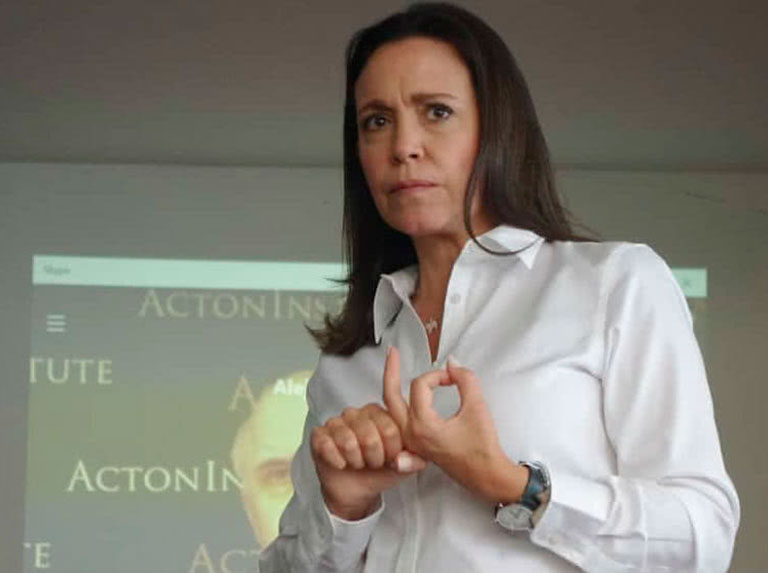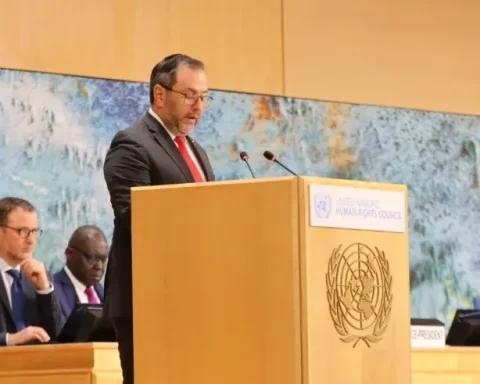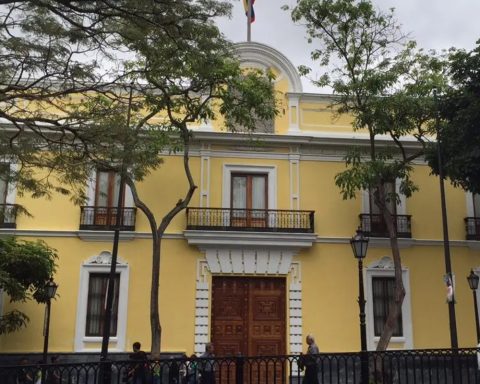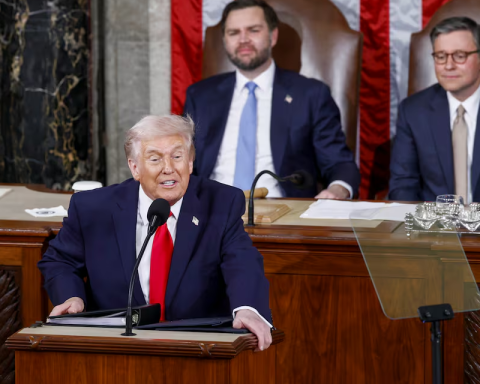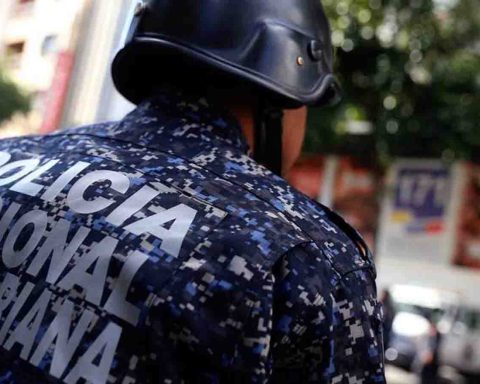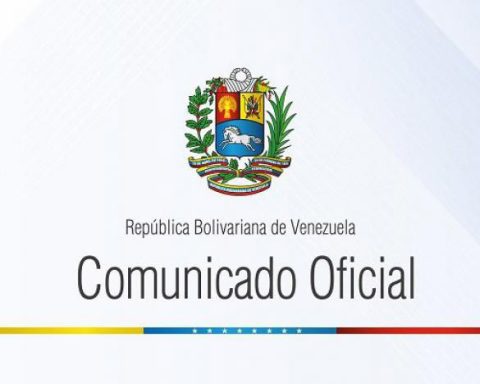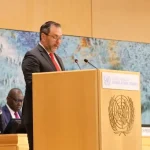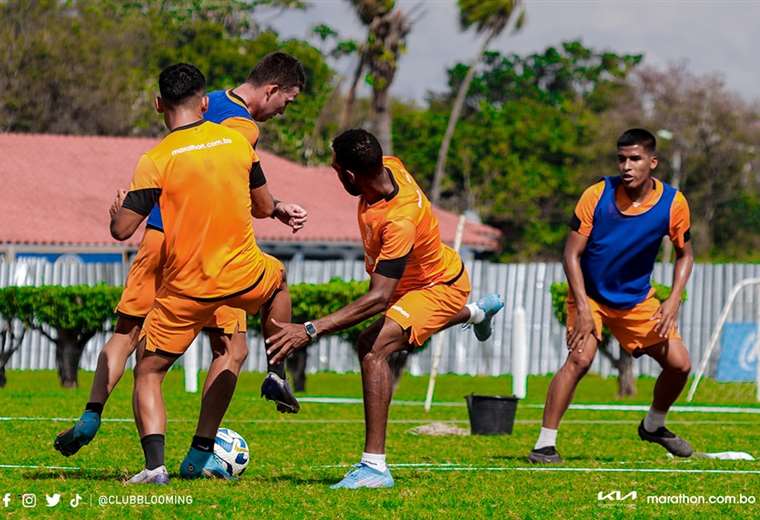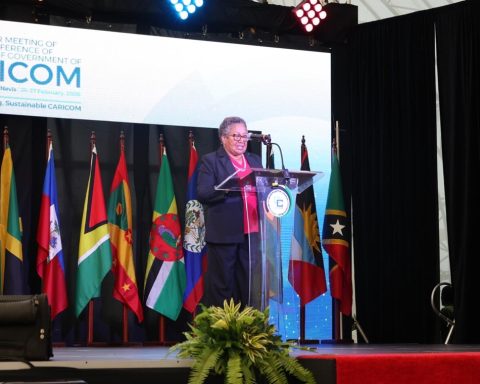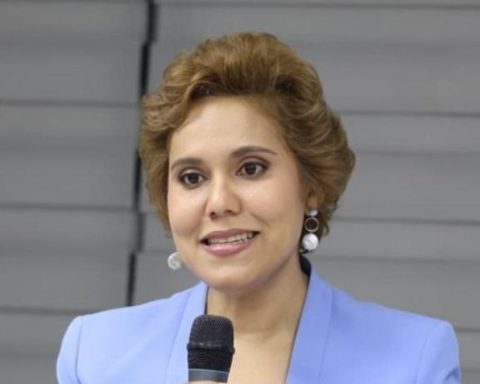The Constitutional Chamber of the Supreme Court of Justice established a distinction between what is implied by administrative disqualification from political disqualification.
Such differentiation is described in judgment No. 1547 published on October 17, 2011 written by magistrate Arcadio Delgado Rosales.
This sentence is a response to an appeal filed by the Attorney General of the Republic from where they requested to analyze a decision of the Inter-American Court of Human Rights that ordered the Venezuelan State to annul the two disqualifications to hold public office imposed on Leopoldo López by the Comptroller General of the Republic in August and September 2005, for a period of 3 and 6 years respectively.
Faced with these disqualifications, López denounced the Venezuelan State before the Inter-American Court, an instance that declared the responsibility of the country for allegedly violating the right to passive suffrage (to be elected), which goes against article 23 of the American Convention on Human Rights.
And it also ruled “that the disqualification sanctions do not constitute an impediment to the candidacy of Mr. López Mendoza in the event that (sic) he wishes to register as a candidate in electoral processes.” They alluded to López’s claims to become the Metropolitan Mayor of Caracas.
The leader of Voluntad Popular complained before the Inter-American Court that he had been politically disqualified, an assertion rejected by the Attorney General’s Office, “since political disqualification corresponds to the sanctions that can be imposed by a criminal judge, such as a penalty accessory to imprisonment (article 13 of the Penal Code), while administrative disqualification for the exercise of public functions is a complementary sanction that can be imposed by the Comptroller General of the Republic in those cases in which administrative responsibility has been evidenced. of an official, that is, the nature of both sanctions is diametrically different”.
Unexecutable.
To tackle this situation, the Attorney General’s Office asked the TSJ to declare the sentence of the Inter-American Court “unenforceable and unconstitutional”, because it ignores “the fight of the Venezuelan State against corruption”.
In this regard, the magistrates recalled that in case of evidence of a contradiction between the Constitution and an international convention or treaty, “constitutional norms that give priority to the general interest and the common good must prevail, and the provisions that give priority to collective interests over interests must be applied.” individuals…”.
In this sense, the Chamber warns that if an international organization, legally accepted by the Republic, protects someone violating the human rights of groups or individuals within the country, such a decision would have to be rejected “even if it emanates from international organizations that protect human rights… (…)”.
They also clarify that although article 65 of the Magna Carta states that the prohibition to run for public office arises as a consequence of a judicial conviction for the commission of a crime, “it does not prevent such prohibition from having a different origin; the norm only raises a hypothesis, it does not deny other similar assumptions”.
To reinforce this argument, the magistrates of the Constitutional Chamber indicated that Venezuela is a signatory to the United Nations Convention against Corruption, which expressly in its article 30.7 the possibility of disqualifying “by court order or other appropriate means and by a period determined by its internal law” to the subjects of corruption”.
Based on this, the magistrates determined that “administrative disqualification differs from political disqualification, insofar as the first one is only aimed at temporarily preventing the exercise of public function, as a mechanism to guarantee public ethics and It does not prevent him from participating in any political event that takes place within his party or that is called by the so-called Democratic Unity Table”.
Those lines of the sentence expressly allude to some opposition primaries in 2012 to choose candidates, among them the Metropolitan Mayor of Caracas.
The Chamber warned on that occasion (October 2011) that the administrative disqualification imposed on Leopoldo López has not prevented him, “nor does it prevent him from exercising the political rights enshrined in the Constitution.” In this sense, they indicated that said opposition leader “enjoys the right to active suffrage (article 63); the right to accountability (article 66); right of political association (López has not only exercised this right, but he has been a promoter and/or founder of associations and political parties); right to peaceful demonstration (López has widely exercised this right, including acts of political proselytism); as well as the right to widely use the means of participation and leadership of the people in the exercise of their sovereignty (article 70), including the different modalities”.
Machado’s plot.
The Comptroller General of the Republic (CGR) recently confirmed that Maria Corina Machado is disabled for 15 years.
Said information is contained in a communication sent to deputy José Brito, who had previously requested an explanation of Machado’s status.
Subsequently, the Comptroller’s Office itself issued a press release stating “that the asset investigation continued, where it was found that Machado is disqualified from holding any public office for a period of 15 years.”
They indicate that “errors as well as omissions were found in the affidavits of assets” and that Machado “has been a participant in the corruption plot orchestrated by Juan Guaidó.”
